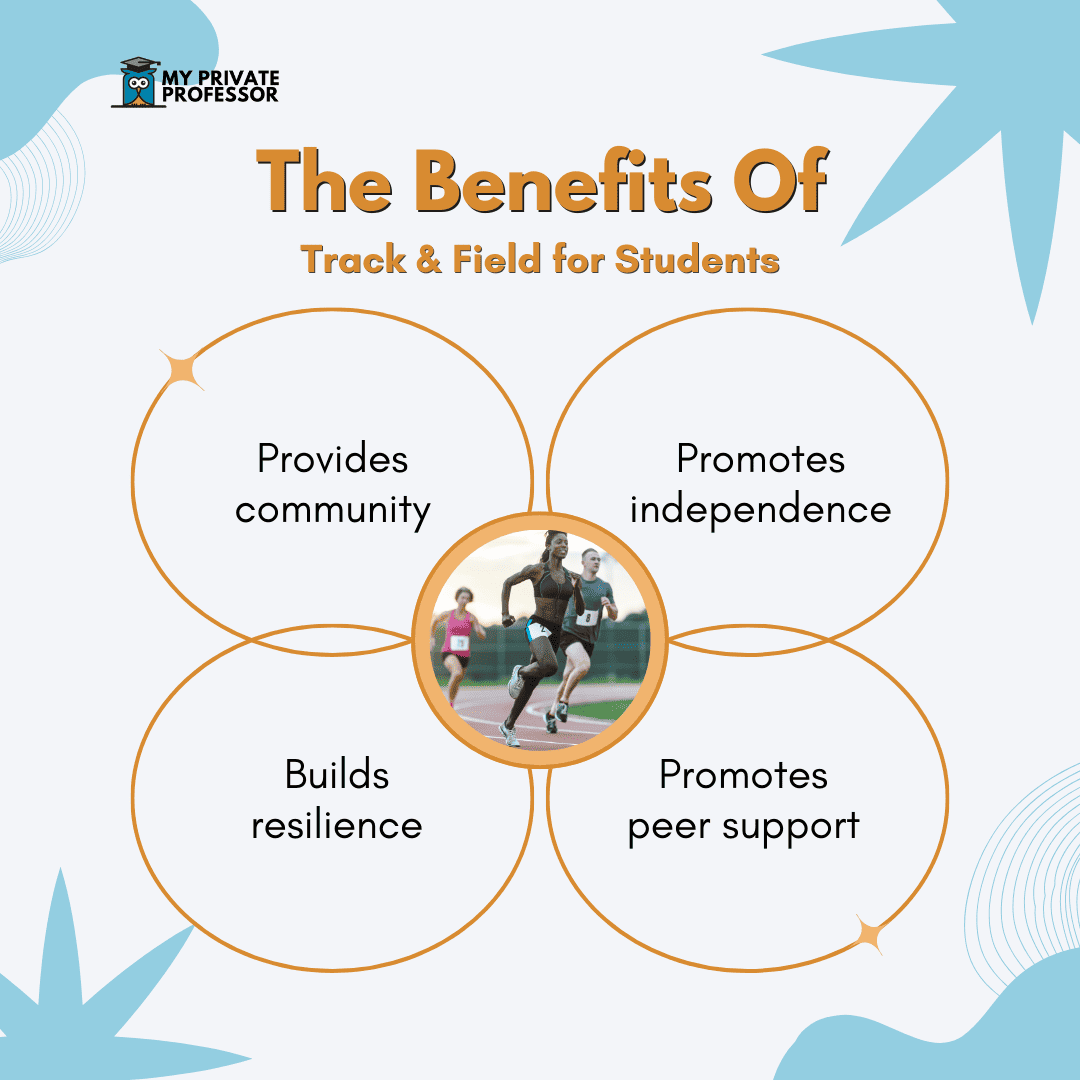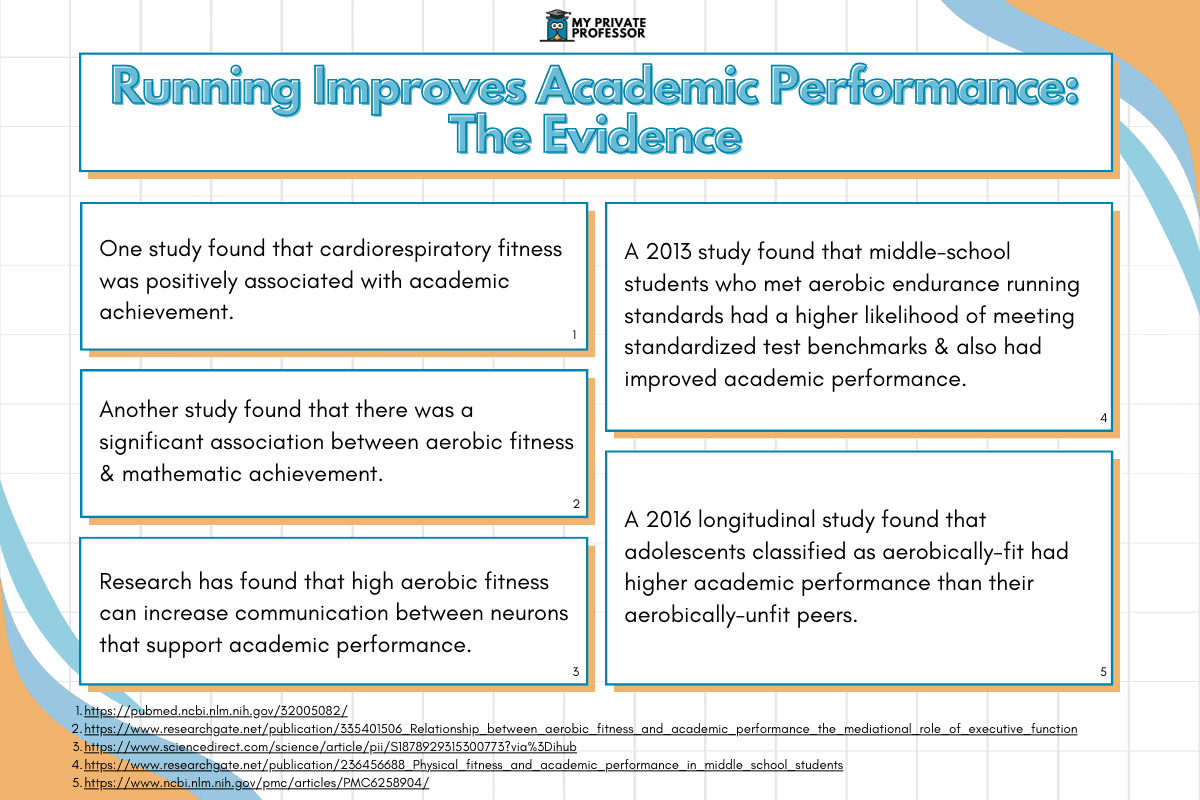When I was in eleventh grade, I was hoping to finally make it on the girl’s varsity basketball team. After enduring two years of grueling try-outs, yet remaining in my place, humbled on the JV team, I figured it was finally my time. After all, in my school, it was pretty rare to be a junior and still on JV (okay, so we weren’t the most cutthroat when it came to sports).
Well, that year, I was humbled once again — and a tad embarrassed — to be one of the exceptions to this unspoken rule. By that point, I felt like I had been humbled enough. So I decided to take on a new endeavor: winter track.
I knew this would be a completely new dynamic, since the school’s track and cross country teams didn’t make any cuts. There weren’t even faux try-outs. And even more, there was only one team. No more being relegated to the subordinate group. Everyone together.
Before that, I had always competed in group sports. I was used to the collaborative dynamic, which had always been fun for me, but, of course, came with its challenges. So jumping into this new environment — where it seemed that often, I was solely responsible for my own performance — was refreshing.
At the time, I didn’t realize that joining track would turn out to be something that elevated areas of my life in many ways apart from physical fitness. And looking back, I now realize that track and field has the power to support students in a variety of ways that can truly enhance their school experience.
Track and field teaches the power of support
Standing in the middle of the track arena, jammed between athletes doing their calisthenics and having pre-race discussions with coaches, I often felt a little overwhelmed.
Of course, in any sporting event, this sentiment may be true.
But with track, you’re often standing out there on your own. So having the support of your teammates, albeit in the background, is critical. And that can really be the ooph that reminds you that you’re not really alone, ultimately pushing you to finish that last lap.
The social bonding aspect, I soon realized, was a major piece of track and field. As social creatures, we quite literally need social connection to flourish. And with track, where you’re often competing in individual events, having the support of your teammates is particularly critical.
When it comes to the school experience, social connectedness is more important than we realize. Not only does it enhance our day-to-day wellness, but it also impacts academic outcomes for students. Research has in fact found that school connectedness is associated with high academic performance.
By regularly engaging in a community in which social connectedness is a foundational pillar, students can elevate the social connectivity in their lives and in turn, improve their academic performance.
Track and field promotes confidence and independence
The truth is, it’s scary to be going into a track and field event alone, waiting for the gunshot that signals the beginning of the event (sure, it’s exciting and all, but does it really need to be that aggressive?).
But once you get through that initial waiting period and your legs start pumping despite your fears that they wouldn’t, it’s as though you gain a little sprinkle of confidence. And this power further helps you get to that starting line again, and again, and again. At a certain point, you realize that you’re just not that scared anymore.
Learning that mistakes are inevitable — and GOOD
In track, I had always been slightly fearful of being in the spotlight, because, like so many other people, I didn’t want to mess up. I wanted to make my team proud, even though it was me running alone. Basically, I was scared to make mistakes.
But even when I had doubts in my ability at the moment, there was only one thing to do: keep running. Ultimately, it was often my mind more than my physical ability that pushed me to keep running.
So I kept running. And, of course, I did make mistakes! Sometimes I started the 600 race too fast. Sometimes I got too inside of my head thinking about how fast the other runners were.
But over time, I actualized what I knew all along (but may have forgotten along the way): mistakes are inevitable, but undoubtedly help you grow if you don’t run from them (pun intended!).
 A new perspective on competition
A new perspective on competition
Track and field taught me to view sports and competition through a whole new lens. Through this new perspective, I saw that I wasn’t in direct competition against a group of people, but myself. And ultimately, having myself as my main competitor allowed me to narrow my focus inward.
And the result of this was that I was able to hone in on my individual strengths, weaknesses, and goals. At a certain point, I think I began to feel the liberation that comes with only relying on yourself and not worrying about how your performance affects others.
In a moment of panic or disarray, a track athlete doesn’t have teammates on standby. There’s no relying on others to diminish your own mistakes. So with track, yet again, I was humbled. Because in order to get to that next level—which for me, was getting faster and running for longer — I had to work on myself alone.
In contrast to my feelings of frustration in basketball,I felt optimistic, because there seemed to be so much room for growth. This time, there were no roadblocks to success, other than the ones I created, and therefore could overcome.
When we get over our fears, one of the ultimate results is an increased sense of confidence. And what does confidence breed? Independence! Because when you believe you can do something, you’re much more likely to take that first step toward achieving your goal.
This, evidently, is a crucial strength for students to nurture and develop as they transition into higher education and beyond.
Track and field teaches strength and resilience
Among runners, it’s kind of an unspoken agreement that half of running is a mental game. One of the most powerful parts of track and field is that you really get to test those mental limits, compete with your brain, and develop your inner strength.
If you’re a runner, you’ve surely faced this conundrum before:
You’re on one of your weekend runs and you’re trying to gain mileage in your training, shooting for a 10k. You’re going strong, just starting mile four.
But then you start to get into your head — and not in a good way. Because really, you can only listen to so many “Eye of The Tiger”-esque songs before your mental energy seems to dwindle. And it’s crazy, because your legs don’t even feel that tired.
But your mind is telling you to stop — because innately, we crave immediate gratification. And to some extent, running doesn’t fit into this box. Everyone can probably agree that running evokes different feelings of physical discomfort. Maybe you’re breathing heavily. Or maybe you’re sore. Or, horror of horrors, you have a stitch in your side.
But when you do beat your mind, it’s a feeling like no other. Pure elation! Because you know that you’re stronger than you thought. This then pushes you to do it again and again until you finally get your personal record. And then you can move on to ten miles!
For students, gaining and nurturing self-confidence is critical for success. In fact, research finds that self-esteem is a key factor in determining academic engagement, and that a high self-concept (how you think about yourself) is related to high academic performance and vice versa.
Track and field provides students with community
There’s no getting around the fact that sometimes, in school, you flounder. Somehow it all gets to be too much at once. You have four exams in one week (really, why does this seem to happen so often?), your friend group is dealing with mountains of drama, and your band concert is days away…yet you’ve only learned a good five percent of your music!
Yes, it’s good to sit down with all of this, unpack it, and figure it out. But it’s often much better for your mental health and for your spirit to distract yourself, clear your head first, and then deal with it.
By joining track, where the team is usually large and filled with students from all different years, you can get this buffer before you have to go home and figure your life out.
Running can improve mood, sleep, and academic performance
Even though I’m not on a track team anymore, or even a participant in group running, years later, running has continued to benefit my life. For instance, running provides me with the space and time to reflect on what’s going on in my life.
For students, even if they only do track and field for a semester, if they continue running afterwards, they can still reap amazing benefits.
Of course, you probably know that exercise, in general, is a good thing for all of us — and particularly for students! That is, research proposes that physical activity triggers a release of dopamine and serotonin. This, in turn, can improve your mood. So for students, exercise can reduce negative feelings and increase positive ones, and as a result, elevate academic performance.
Meanwhile, running, specifically, boosts serotonin, a hormone that can help with regulating your body’s melatonin levels and sleep.
Additionally, research shows that regular cardio can spur neurogenesis, which is the process of growing new brain cells. As a result, this can lead to improvements in cognitive performance and can prevent cognitive decline.
By implementing regular cardio into their day by joining the track team, students can improve their cognitive performance in school and beyond.
Final thoughts
You can think about running as a uniquely holistic approach to nourishing your mind, body, and spirit. Or like an all-purpose cleaner.
It not only challenges your body and physical ability, but also enlightens your mind — and in turn spurs growth from the inside out.
As a student, you may, understandably, feel pressured to follow in the footsteps of the majority of your friends and fill your semesters with team sports.
But by trying out track and field and going out of your comfort zone, or as Robert Frost put it, taking the road “less traveled,” you may find that running can fuel you more than you ever imagined.







